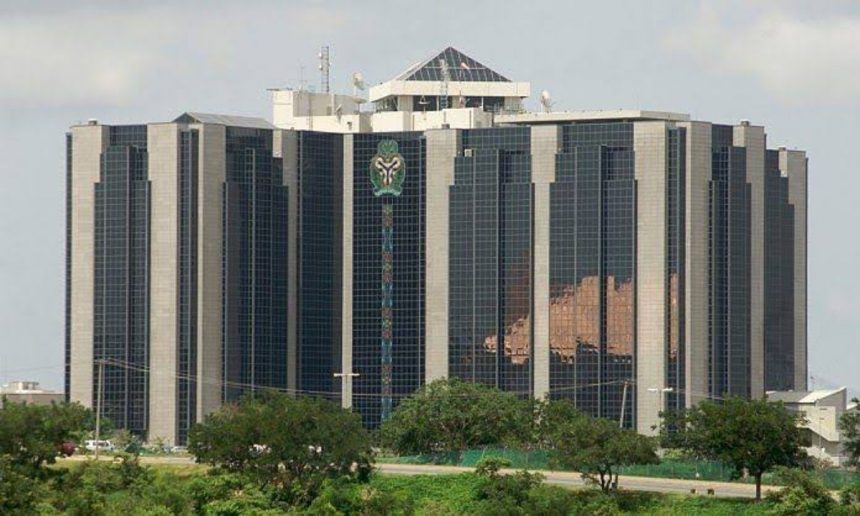The Central Bank of Nigeria (CBN) has announced a landmark increase in the minimum capital requirements for banks, signaling a transformative moment in the nation’s banking sector.
The new directive, aimed at bolstering the banking industry’s role in achieving the $1 trillion economy goal set by the Bola Ahmed Tinubu Administration, has set the minimum capital base for internationally authorized banks at an unprecedented N500 billion, up from N50 billion.
National commercial banks have seen their minimum capital base requirement octupled from N25 billion to N200 billion, while regional banks are now required to boost their capital from N10 billion to N50 billion.
Merchant banks and non-interest banks with national and regional authorizations must now meet minimum capital requirements of N50 billion and N20 billion/N10 billion respectively.
These revised capital mandates are slated to take effect from April 1, 2024, with a compliance deadline set for March 31, 2026.
To achieve these new capital levels, banks may opt for various strategies such as private placements, rights issues, public offers, or even mergers and acquisitions.
Additionally, banks must adhere to the minimum capital adequacy ratio (CAR) for their specific license authorizations, with non-compliance potentially necessitating compulsory capital injections.
The updated capital requirements extend to all new banking license applications post-April 1, 2024, although the CBN will honor pending applications with existing capital deposits or Approval-in-Principle (AIP).
Banks are expected to submit detailed implementation plans by April 30, outlining their strategies and timelines for meeting the new capital requirements, which the CBN will closely monitor.
In determining the revised capital thresholds, the CBN considered factors such as banks’ risk profiles, economic headwinds, inflation, and the results of stress tests on banks’ balance sheets to ensure their capacity to withstand both current and unforeseen financial challenges.
To guard against illicit funds making their way into the banks, the CBN said “it has robust anti-money laundering regulations which will be strictly enforced, with the active collaboration of relevant law enforcement agencies”.
“In addition, the CBN will require all banks to ensure that appropriate and effective anti-money laundering screening/checks (Know Your Customer, Customer Due Diligence and Suspicious Transactions Monitoring, etc) are conducted.
“There will be strict enforcement of fit and proper checks for all prospective and significant shareholders as well as directors and senior management staff of banks.
“The CBN will actively monitor and supervise the recapitalisation process to ensure compliance with set guidelines.
“This will involve the conduct of on- and off-site reviews, verification of capital, periodic interventions when necessary and broader stakeholder engagements.”





